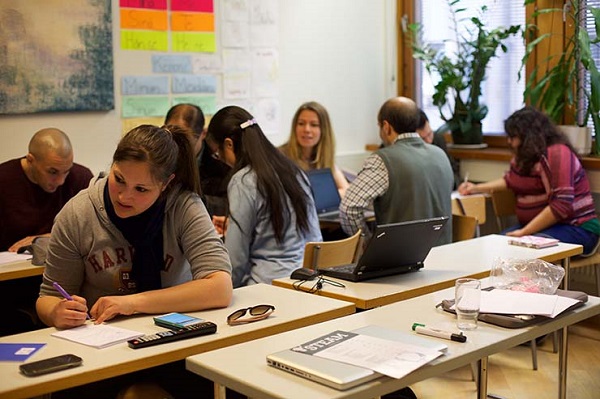5 Embracing the precarity of participation

Participation can be a difficult proposition, particularly in educational settings where the story many of our learners have, is of individual understanding and achievement. Within this story, participating with others can feel like an inefficient or distracting way to reach that individualistic end.
There is not the space here to discuss how we shift this story and help learners see the interconnected importance of their learning with others and their environments. However, it does need recognising that, in order to participate our learners, and we as their educators, need some particular attitudes, approaches, and skills. Further, it is worth acknowledging that these may feel counter-intuitive to the dominant historic educational assumptions we have sometimes been encultured into.
One such assumption is the control of knowledge and information by educators. As McCowan argues in his article about the need for pedagogical renewal in higher education (2023), it is vital to ‘let go’ (p. 945), allowing knowing (both cognitive and embodied) to move differently and unexpectedly in response to learner-led, educator-involved, critical deliberation and debate. Such pedagogical movements can be considered more akin to rhizomatic, improvisatory, pathways through learning, rather than a pre-planned educator-led movement towards fixed learning outcomes.
 Reflection
Reflection
How does it feel to ‘let go’ and let students improvise their own learning pathways, modes of response and criteria for success?
What do you feel are the risks and how can these be mitigated?
Can you think of a space in your own teaching where you can experiment more with handing over and embracing the precarity of exploratory and playful learning in your curriculum area?
4.3 Deliberating
